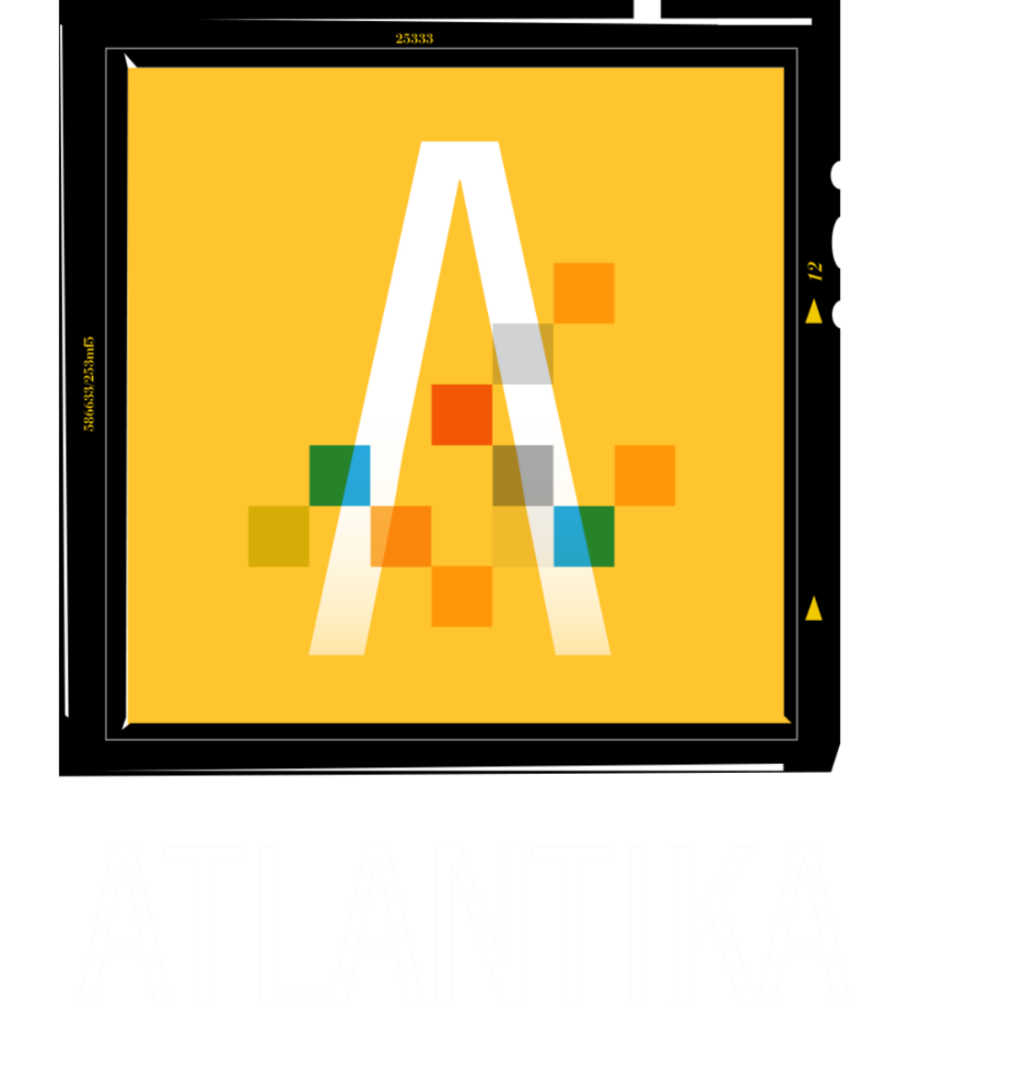Jessica Zychowicz
This is the fourth of four in a series of experimental poems by Jessica Zychowicz, a scholar, critic, curator, and writer currently based at the University of Alberta's Contemporary Ukraine Studies Program in Canada. The title of the series, "Workshop for the Revolutionary Word," references the avant-garde circles of artists in Kyiv, Ukraine, in the 1920s, a context that gave rise to fierce debates on the direction of culture between opposing groups of writers in the early Soviet era. The poet Mykola Khvylovy, first a member of the Ukrainian Communist Party CP(B)U organization Hart, later founded VAPLITE in 1925 (Vilna Akademiia Proletarskoi Literatury—The Free Academy of Proletarian Literature) that served as a powerful platform for his critiques. He disagreed with Rosa Luxemburg and her Ukrainian supporters Iurii Piatakov and Evgeniia Bosh, who claimed that the world transformations then occurring were successfully dissolving national boundaries; by contrast, he put forward that any conclusion to the search for a more revolutionary, more progressive internationalism had yet to be achieved. “To create a new language Khvylovy fused various linguistic levels: the traditional concerns of the Ukrainian intelligentsia were interspersed with references to Western literature, Marxist political theory, the macaronic language of the Russian civil service, and the racy idiom of the town proletariat. The twenties were witnessing a democratization of culture of unprecedented proportions: the introduction of mass education, mass publications, radio and cinema meant a rapid expansion of culture beyond lyrical poetry and the theatre of ethnographic realism.” Parallels to this earlier moment of social and cultural upheaval in the early Soviet era can be felt and seen in Ukraine today. These poems bring together contemporaneous observations in the frame of exploring forms of dissent with regimes of power around the globe that serve to oppress creative expression. Asking us to revisit what can so easily be taken-for-granted, or rendered invisible, the poems play with historical repetition in different times and places in order to unmask “new” versus “old” technologies of censorship. These poems are shared in keeping with Atlantika Collective's emphasis on embracing an "open circle" of artists, writers, curators, educators and thinkers. Jessica welcomes any responses in this collaborative spirit. For more on Jessica's background, please visit our Members and Contributors page.
Nine Augusts
or, A Short Chronology of a White Girl in the U.S. in Protest Against the Unite the Right Rally in Charlottesville.
August 2003:
Transcribing speeches by Malcom Ex, Marcus Garvey, Angela Davis in Oakland. Debating police violence at meetings on Sproul Plaza. Studying with Saidiya Hartman. Writing poetry with Ismael Reed. Berkeley.
August 2009:
Visiting an activist friend in Puerto Rico and learning about her dissertation based on her grandmother's forced sterilization, La Perla District, San Juan.
August 2012:
Moving to the Deep South, far from familiar "Yankee" midwestern and Californian roots. A small local university is occupied by armed police for two months due to unknown threats on a professor's life. She is a friend - and survives. Alabama.
August 2013:
"Most of Alabama is still filled up with places that I call, like Birmingham, a 'Plantation City.' Don't let anybody fool you. We black folks know where to go and where not to go." - My conversation with a homeless black activist temporarily employed by a local group to give alternative tours of the Civil Rights Movement counter to the gaps and unequal distribution of revenue from the official museum, 2014. Birmingham, Alabama.
August 2014:
"Sorry Ma'am."
August 2015:
In a cinema next to my gay friend, writer and observer of post-Soviet Russia and Kazakhstan, while watching James Baldwin describe "whiteness" in the film I AM NOT YOUR NEGRO. Washington D.C.
August 2016:
We are coworkers for awhile: Reggie - a former officer from Obama's motorcade. Willie - an Iraq veteran. Tamikah - a single mother of three. "You know what I say about Trump? The same thing that I used to say when I was little and had to eat welfare food: “Government cheese doesn't melt!” Washington D.C.
August 2017:
Sharing a meal with friends in Virginia. White supremacists with symbols from the KKK are marching in the Unite the Right Rally two counties away. “I am afraid for my kids.” Flying to California the next day and then going abroad to work. Virginia.
August 2018:
Seeing the asymmetry in the interpretation of the law in the relative ease of reporting, documenting, and closing a criminal case. Detroit.
Not knowing how or why the season changes so quickly.
